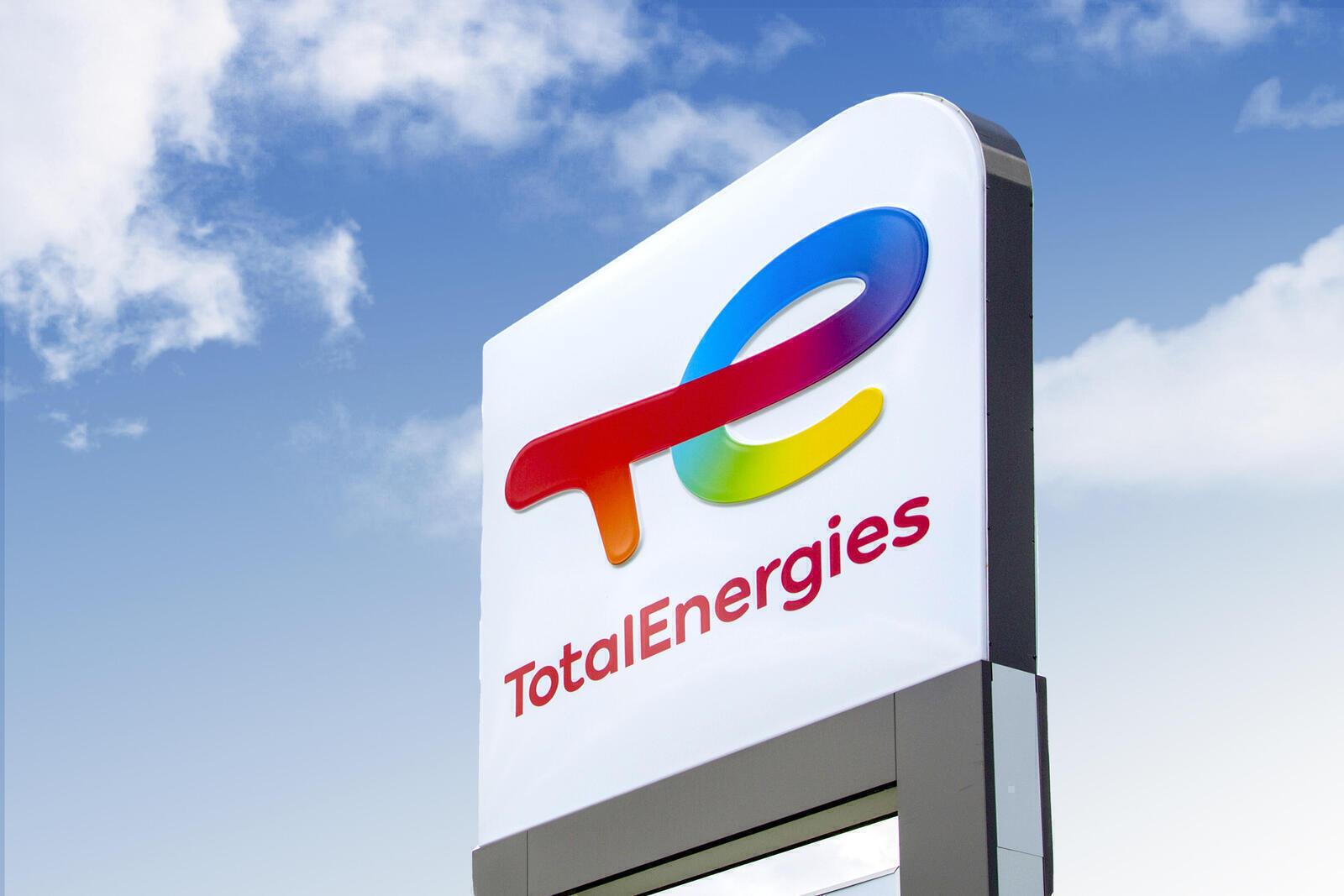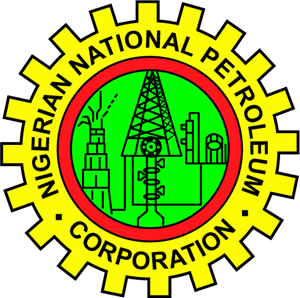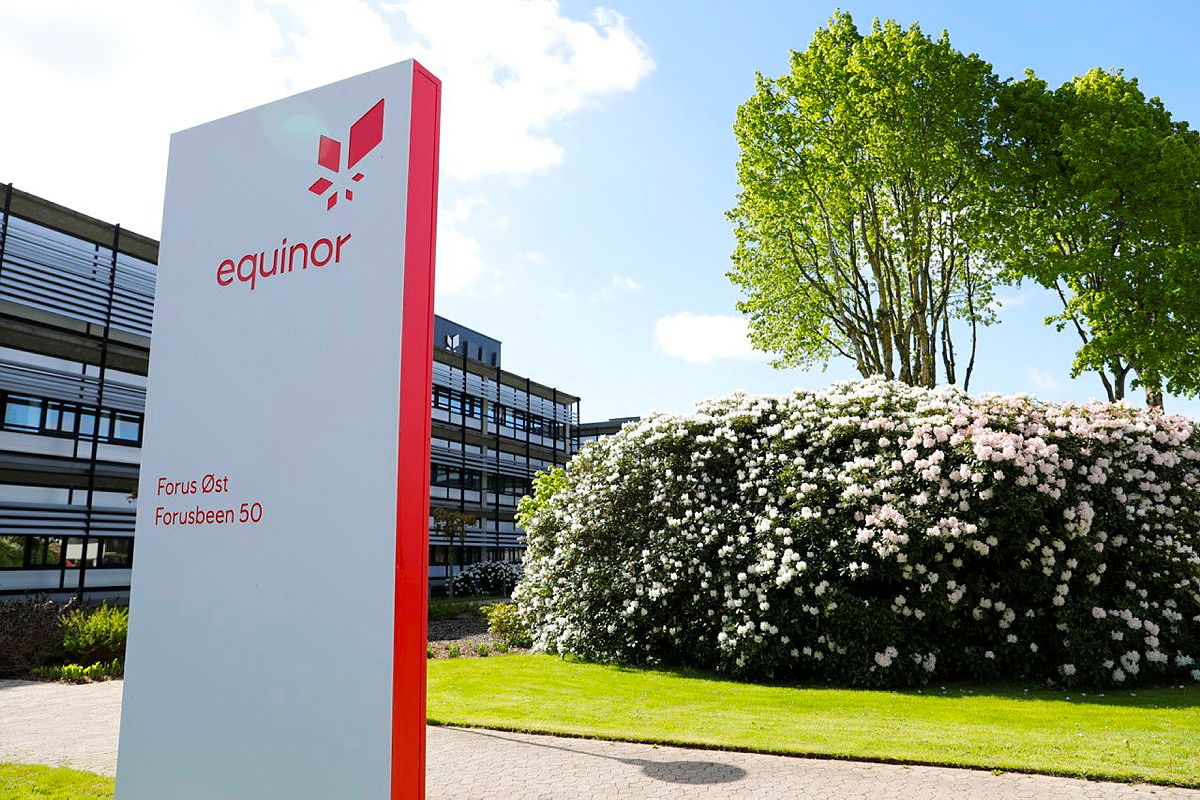Nigeria, a major player in the global oil market, boasts some of the most prolific oil well operators.
As of 2024 these top 12 oil well operators in Nigeria are setting benchmarks in the industry, leveraging advanced technology and efficient practices to maximize production and contribute significantly to the nation's economy. This article provides an in-depth look at these leading companies, their operations, and their impact on the oil sector.
Top 12 Oil Well Operators in Nigeria
Nigeria’s thriving oil and gas industry, which is the second largest in Africa, has been gaining considerable attention. In this article, we will introduce the top 12 oil and gas companies that are making significant strides in Nigeria’s sector in 2024 and beyond.
These companies have established themselves as key players in the industry and have demonstrated a capability to adjust and invent in the midst of a dynamically evolving global market.Investors, job seekers, and industrial enthusiasts can obtain valuable knowledge into the leading influential companies shaping the future of Nigeria’s oil and gas sector.
According to research, there are a total of 7,296 oil wells in Nigeria, with some wells having been drilled as early as November 1938, solely for prospecting, whereas some were drilled as recently as December 2008.
According to Nairametrics data, 74 companies and one unidentifiable entity have been operating these oil wells between 1938 and 2020. However, the list only comprises 12 out of the 75 operators.
Majority of the well owners are foreign-based companies, with NNPC and other less-known companies also owning wells. Experts in the energy sector have referred to the Nigerian oil industry as being shrouded in secrecy, with many owners using proxies to disguise their identity.
It is reported that highly placed individuals and unknown entities have also cornered the oil well market in Nigeria. The industry has 75 known operators as of December 2020.There are data here that contains jargon specific to certain industries. To aid comprehension, the meaning of these terms is outlined below:
- Oil and gas exploration wells are drilled to locate oil and gas reserves, but if the reserves are not found to be profitable or efficient, they are referred to as oil and gas show wells.
- Wells that have been abandoned due to the end of their useful life and lack of oil are classified as plugged and abandoned wells.
- Suspended wells may not be a worthwhile investment at present, but they may be brought back into operation in the future.
- Water injector wells help to improve oil recovery from existing reservoirs by injecting high-pressure water.
As of 2024, the list of companies with the greatest number of oil wells in Nigeria is provided below:
1. SHELL NIGERIA

Shell Nigeria, led by its CEO Osagie Okunbor, is a prominent player in the Nigerian oil and gas industry. The company, which was established in 1937 and headquartered in Lagos, is involved in a variety of operations including onshore, offshore, and gas projects.
Shell Nigeria is a leading player in the industry due to its exploration, production, and transportation activities. Notably, the company’s development of the Bonga field, the first deep-water oil discovery in Nigeria, is a key achievement that has contributed significantly to the country’s oil production capacity.
The original data reveals that there are 2,678 oil wells with information on their status. Among these, there are 1406 suspended oil-producing wells, one well that was plugged and abandoned but tested with gas, 462 wells that were tested with oil, three wells that were plugged and abandoned but tested with oil, 100 wells that were tested with oil and gas, 8 plugged and abandoned wells that were tested with oil and gas, and 3 water injector wells.
As for the current status of Shell’s oil wells, the available data shows that there is only a total of 3 oil wells with current information. 1 well has been plugged and abandoned, 1 is a shut-in oil production well, and the last 1 that tested with gas has also been plugged and abandoned.
The data also indicates that Shell has 63 drilling sites, as well as various gas and oil shows, plugged and abandoned wells, and a combination of the two. In total, there are 223 plugged and abandoned wells among Shell’s operations in Nigeria.
2. Mobil Nigeria (Double one “11” Plc)

Mobil Nigeria (now called Double One “11” Plc) has operated 843 wells in Nigeria during the period under review. The original data reveals that the company had 12 drilling locations, 18 abandoned gas wells, 2 oil discovery locations, 45 abandoned oil wells, 7 oil and gas discovery locations, 45 abandoned oil and 18 abandoned gas wells, 69 abandoned wells, 4 suspended gas-producing wells, 498 suspended oil-producing wells, and 2 suspended water-producing wells.
Furthermore, Mobil Nigeria tested 26 wells for gas, 31 wells for oil, 4 plugged and abandoned wells tested for oil, 82 wells for oil and gas and 14 plugged and abandoned wells tested for oil and gas, making a total of 831 wells. At present, the available information indicates that there are a total of 11 wells.
There is one working oil-producing well, one oil show that has been plugged and abandoned, two oil and gas shows that have also undergone the same, five other wells that have been plugged and abandoned, and finally two wells that have undergone oil and gas testing.
3. Nigerian Agip Oil Company (NAOC)

NAOC founded in 1962 and headquartered in Rome, Italy, is a leading oil and gas company in Nigeria. NAOC’s parent company, Eni, an integrated energy firm, has operated in Nigeria’s onshore and offshore Niger Delta areas through its subsidiaries, including NAOC, NAE, and AENR, since 1962.
The data shows that Agip has operated 548 wells in Nigeria, within the dates under review. Original status data shows 5 drilling locations, 1 gas show, 8 plugged and abandoned gas shows, 1 oil show, 47 plugged and abandoned oil shows, 7 plugged and abandoned oil and gas shows, 62 plugged and abandoned wells, 1 suspended gas injector well, 1 suspended gas producing well, 326 suspended oil-producing well, 1 well tested with gas, 28 wells tested with oil, 6 plugged and abandoned wells tested with oil, 26 wells tested with oil and gas, 10 plugged and abandoned wells tested with oil and gas. All these amounts to 530 wells.
Currently, the data shows the following status: six wells in total, comprising two gas wells and two oil wells that have been plugged and abandoned, one proposed drilling site, and one well that was plugged and abandoned after testing positive for oil and gas.
4. Elf (now merged with Total)
The data shows that Elf has operated 526 wells in Nigeria, within the dates under review. Original status data shows 15 plugged and abandoned gas shows, 2 oil shows, 1 plugged and abandoned oil show, 9 plugged and abandoned oil shows, 2 oil and gas shows, 5 plugged and abandoned oil and gas shows, 100 plugged and abandoned wells, 2 proposed drilling locations, 16 suspended gas producing wells, 249 suspended oil producing wells, 23 suspended water injectors, 4 suspended water producers, 1 well tested with gas, 5 plugged and abandoned wells tested with gas, 17 wells tested with oil, 1 plugged and abandoned well tested with oil, 14 plugged and abandoned wells tested with oil, 33 wells tested with oil and gas, 16 plugged and abandoned wells tested with oil and gas. All these amounts to 515 wells.
The current data shows a total of 496 wells, with the following breakdown: 135 active oil-producing wells, 13 active gas-producing wells, 23 water injectors, 3 water-producing wells, 5 abandoned oil-producing wells, 1 abandoned water injector, 2 shut-in gas-producing wells, 107 shut-in oil-producing wells, and various plugged and abandoned wells, including some tested with oil, gas, or both, as well as a proposed drilling location.
5. Gulf Oil Company

According to the data, Gulf Oil Company (now part of Chevron) operated a total of 505 wells in Nigeria during the period under review. The original status data reveals a breakdown of 505 wells, including 5 drilling locations, various plugged and abandoned wells, 359 suspended oil-producing wells, 3 suspended water-producing wells, and numerous wells tested with oil, gas, or both, all of which add up to a total of 505 wells.
6. Chevron Nigeria Limited (CNL)

Chevron Nigeria, a unit of Chevron Corporation, was established in 1913 and is headquartered in Lagos, Nigeria. The current chief executive officer is Jim Swartz. The company offers exploration and production services, and has been active in Nigeria since oil was discovered there in 1956.
Chevron Nigeria’s significant project is the Escravos Gas-to-Liquids (EGTL) facility, which transforms natural gas into premium liquid fuels. The data shows that Chevron has operated 431 wells in Nigeria, within the dates under review.
Original status data shows 12 drilling locations, 6 plugged and abandoned gas shows, 4 oil shows, 11 plugged and abandoned oil shows, 1 oil and gas show, 10 plugged and abandoned oil shows, 1 oil and gas show, 10 plugged and abandoned oil and gas shows, 45 plugged and abandoned wells, 256 suspended oil producing wells, 3 suspended water injectors, 6 suspended water producing wells, 2 wells tested with gas, 6 wells tested with oil, 47 wells tested with oil and gas, 2 plugged and abandoned wells tested with oil and gas. All these amount to 411 wells. Meanwhile, data for the current status is only 2 plugged and abandoned wells.
7. ExxonMobil Nigeria

ExxonMobil Corporation, founded on November 30, 1999, and headquartered in Irving, Texas, USA, is a leading oil and gas company in Nigeria. The company’s Nigerian operations began in 1955 as Mobil Exploration Nigeria Incorporated (MENI), later renamed Mobil Producing Nigeria, marking a significant presence in the country’s energy industry for over six decades.
ExxonMobil Nigeria, a subsidiary of the multinational oil and gas corporation ExxonMobil, was established in 1993 in Nigeria with its headquarters in Lagos, Nigeria, under the leadership of Chairman Shane Harris.
The company’s key operations include offshore production, marketing, and downstream activities, covering the entire value chain from exploration to refining and marketing, making it a significant player in Nigeria’s energy industry.
The data shows that ExxonMobil has operated 235 wells in Nigeria, within the dates under review. Original status data shows 1 drilling location, 1 plugged and abandoned oil shows, 1 plugged and abandoned oil and gas shows, 19 plugged and abandoned wells, 8 suspended gas-producing wells, 163 suspended oil-producing wells, 2 suspended water-producing wells, 4 wells tested with oil, 3 wells tested with oil and gas, 6 plugged and abandoned wells tested with oil and gas.
All these amount to 208 wells. Meanwhile, data for current status are; 1 oil producer, 1 plugged and abandoned well, and 1 well tested with oil and gas, amounting to 3 wells.
8. Addax Petroleum

Addax Petroleum, founded in 1994 and headquartered in Beijing, China, began its Nigerian operations in 1994 where it was headquartered in Lagos, Nigeria. In 2009, it became a subsidiary of the Sinopec Group, a leading Chinese energy conglomerate and one of the world’s largest oil and gas producers, refiners, and third-largest globally.
Addax Petroleum operates over 100 wells in Nigeria, leveraging its parent company’s vast resources and expertise. Under the leadership of MD Sagiru Jajere, the company’s primary focus in Nigeria has been exploration and production of oil and gas resources. However, in 2023, NNPC Limited acquired Addax Petroleum’s assets after its parent company, Sinopec, divested its interests in Nigeria.
According to the data, Addax has operated a total of 206 wells in Nigeria during the period under review. The original status data reveals 170 wells, including various categories such as drilling locations, oil and gas shows, plugged and abandoned wells, suspended producing wells, and wells tested with oil, gas, or both. However, the current status of all 206 wells under Addax’s operation is unknown, indicating a lack of updated information.
9. Texaco ( Now MRS Oil Nigeria)

The data shows that Texaco has operated 180 wells in Nigeria, within the dates under review. Original status data shows 4 drilling locations, 4 plugged and abandoned gas shows, 12 plugged and abandoned oil shows, 4 plugged and abandoned oil and gas shows, 22 plugged and abandoned wells, 1 suspended gas-producing well, 96 suspended oil-producing wells, 1 well tested with gas, 18 wells tested with oil, 3 plugged and abandoned wells tested with oil, 14 wells tested with oil and gas, 1 plugged and abandoned well tested with oil and gas. All these amount to 180 wells. Meanwhile, no data is available for the current status of Texaco’s oil wells.
10. Total Energies

Total Energies is headquartered in Courbevoie, France, and was founded in 1924. The company’s Nigerian subsidiary, TotalEnergies Marketing Nigeria Plc, operates a network of over 500 service stations and is listed on the Nigerian Stock Exchange.
According to the data, Total has operated 122 wells in Nigeria during the period under review. The original status data reveals 77 wells, including various categories such as oil and gas shows, plugged and abandoned wells, suspended producers and injectors, and wells tested with oil, gas, or both. Meanwhile, the current status data shows 52 wells, including gas and oil producers.
11. Nigerian National Petroleum Corporation (NNPC)

According to the data, NNPC Limited (formerly Nigerian National Petroleum Corporation) has operated a total of 115 wells in Nigeria during the period under review. The original status data reveals 104 wells, including various categories such as drilling locations, plugged and abandoned wells, suspended producers, and wells tested with oil, gas, or both. In contrast, the current status data shows a significant reduction to 20 wells, including oil producers, plugged and abandoned wells, suspended oil-producing wells, and wells tested with oil, gas, or both, indicating a substantial change in the well statuses over time.
12. Equinor ASA

It has its headquarters in Stavanger, Norway and was founded in 1992. Equinor ASA (formerly Statoil and StatoilHydro) is the biggest Norwegian oil company worldwide. The company has been in Nigeria since 1992 and has played a significant role in developing Agbami (Nigeria’s biggest deep-water field).
Equinor has drilled 10 wells and invested over US$3.5 billion in Nigeria. The company is among the country’s biggest suppliers of refined products and has a 20.21% stake in the Agbami oil field. Chevron (the operator) has 67.30% interest, and Prime 127 holds a 12.49% stake in this oil fields.
Here’s what you need to know: An oil well is essentially a hole dug into the ground to extract oil or other hydrocarbons like natural gas. Oil wells often produce some natural gas and water along with the oil. There are various types of oil wells, including:
- Conventional wells, which are drilled vertically into a reservoir.
- Horizontal wells, which are drilled at an angle to access deposits that can’t be reached vertically.
- Offshore wells, which are drilled in water, typically in coastal areas.
- Multilateral wells, which have multiple branches that tap into different parts of a reservoir
Each type of well has its own unique advantages and uses, allowing for more efficient and effective oil extraction.

